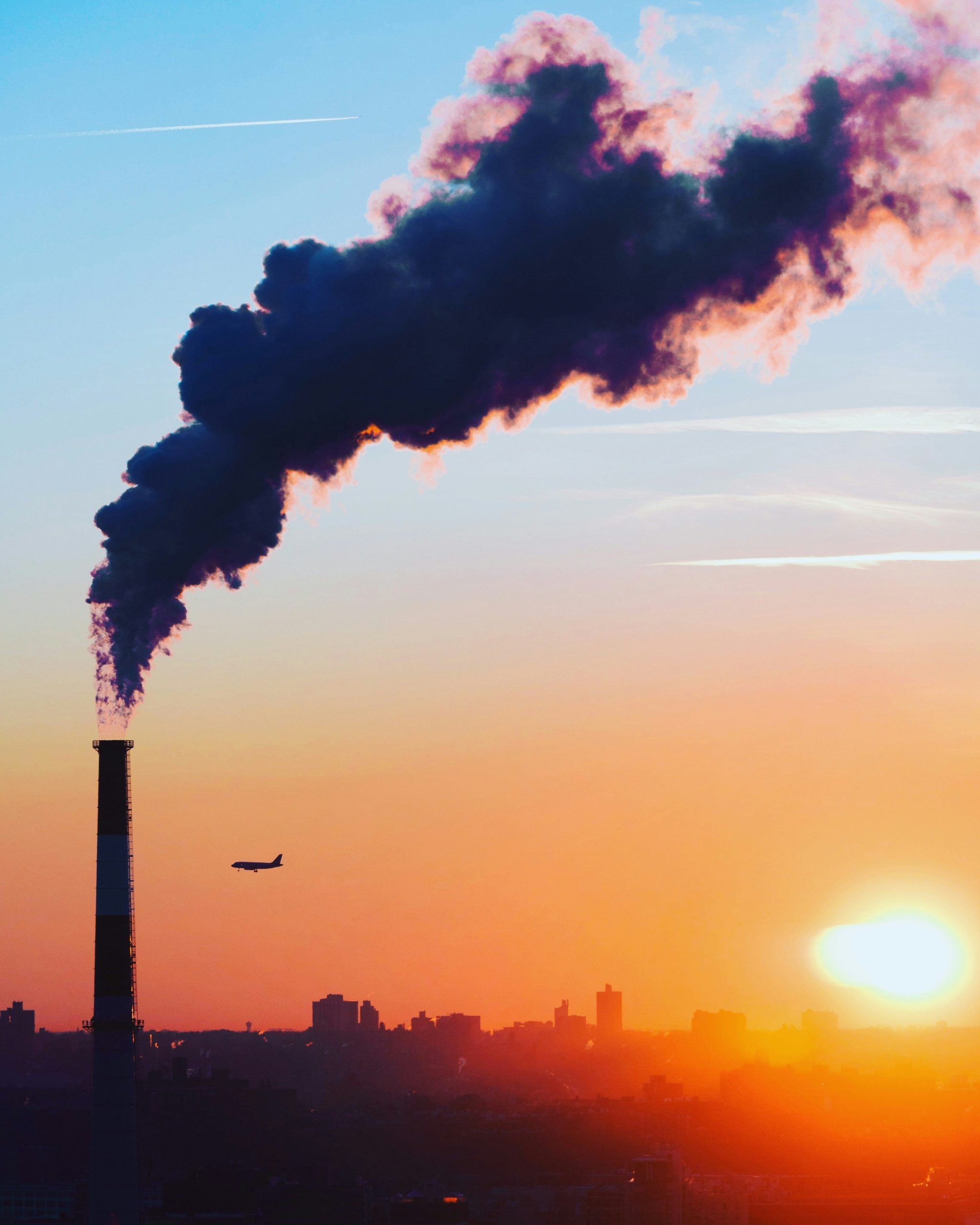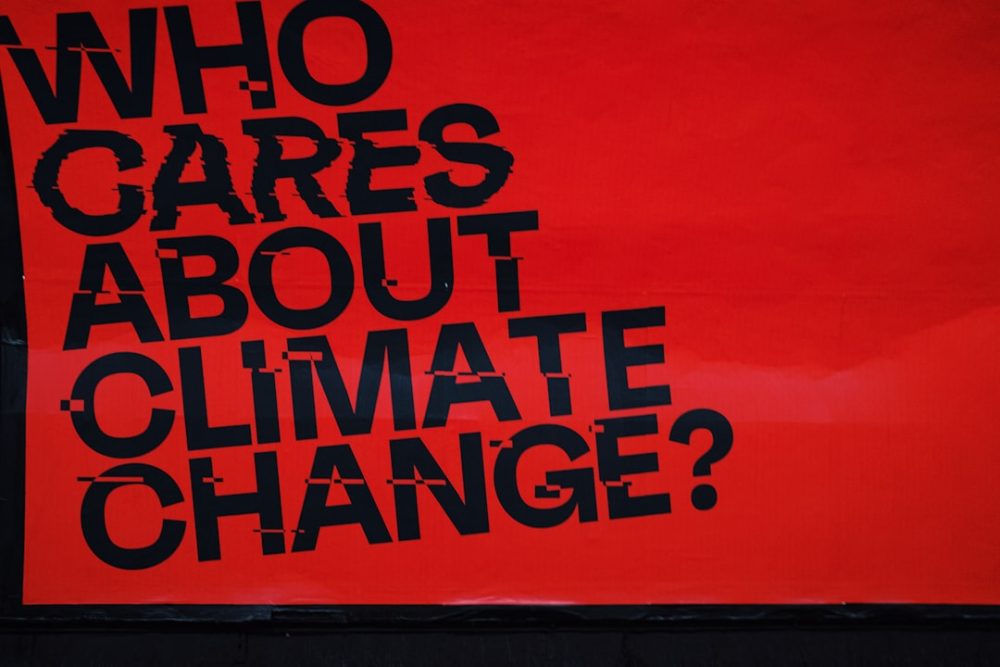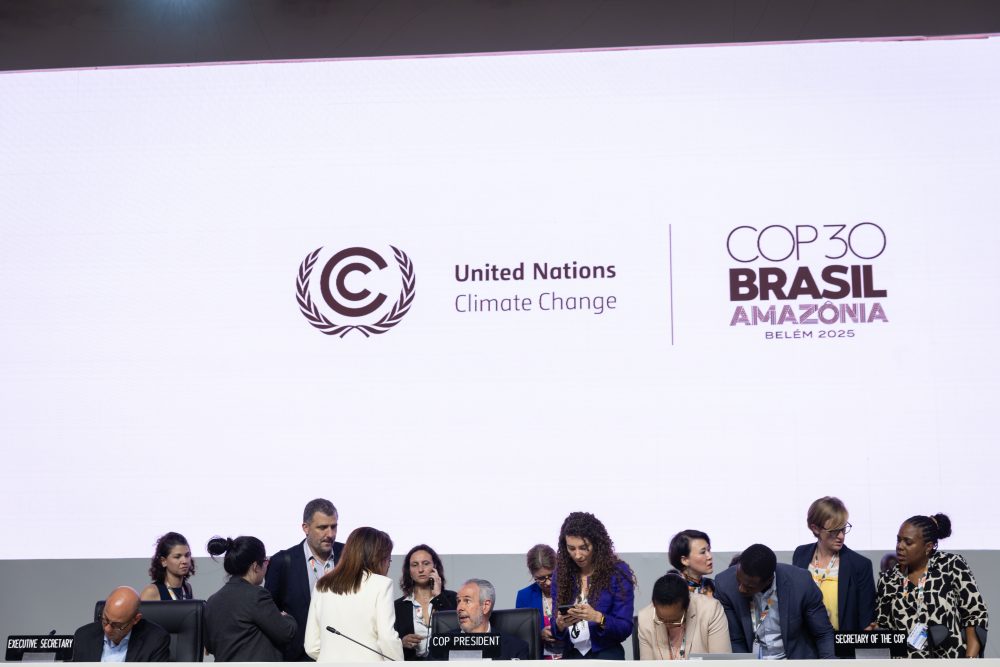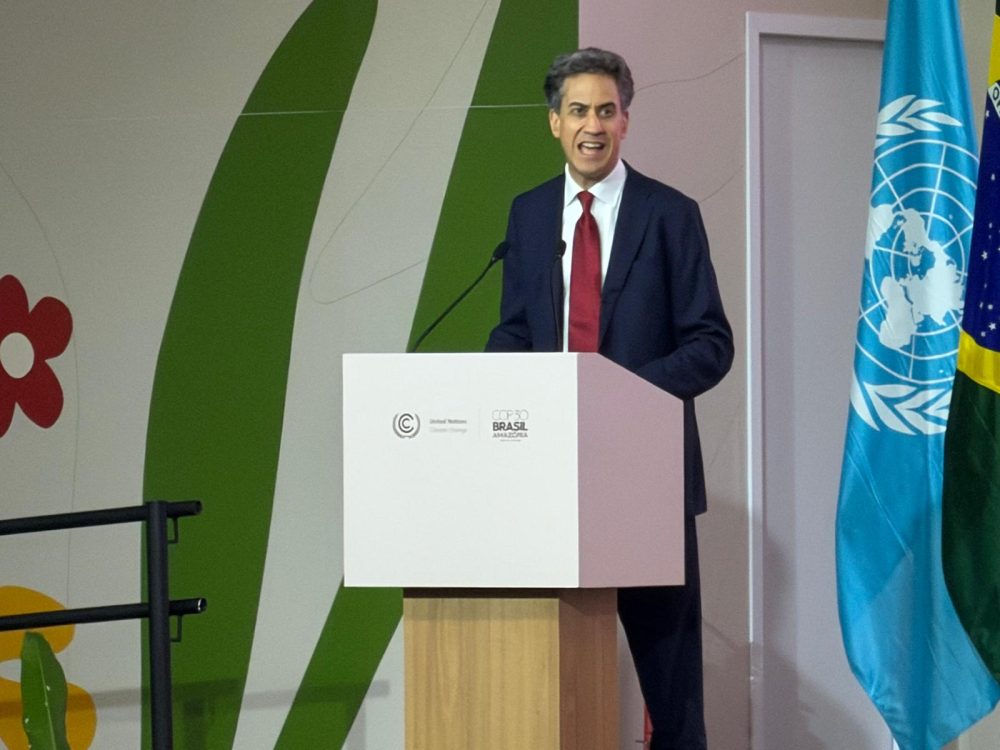82 organisations have come together to write an open letter to the Prime Minister calling on the government to set an ambitious fourth round of UK international climate finance (ICF4) in June’s Comprehensive Spending Review and to introduce measures to generate the new public finance needed for this by fairly taxing the largest polluters and wealthiest in our society.
The letter, first covered by the Guardian, says “As the fifth largest historical emitter and sixth largest economy, the UK has both the responsibility and the capability to take far greater action on climate change – at home and overseas” and refers to the “unbearable injustice” of “communities and countries that are the least responsible for the climate emergency… paying the cost with their lives, livelihoods, health, homes, lands, ecosystems, infrastructure, and futures.”
The letter acknowledges “the challenging public finance environment for this Comprehensive Spending Review, and the multiple demands on limited public finance” but highlights that there are fair ways that up to £115bn of new public finance could be generated over the next five-years for climate action at home and overseas through taxation measures that would deliver substantial benefits to the UK and according to polling are popular with the public.
The letter cites polling findings that 82% of UK adults agree it is wrong for oil and gas companies to make record profits without taking responsibility for the damage caused by their activities, and another poll that found 64% of the UK public support increasing taxes on the wealthiest individuals to fund climate action and three quarters support increasing taxes on businesses that produce the most emissions.
Catherine Pettengell, Executive Director of Climate Action Network UK (CAN-UK) said:
“Climate action is in everyone’s interests, for stability and prosperity at home and all around the world. The UK has demonstrated leadership with its NDC, but domestic action alone is not sufficient. The real test of UK climate leadership is the provision of climate finance to those least responsible but suffering the most devastating impacts of climate change.
As the fifth largest historical emitter and sixth largest economy, the UK has both the responsibility and the capability to do far more to invest in the climate action needed and to ensure no-one is left behind in the domestic and global transition.
“That is why more than 80 UK organisations wrote to the Prime Minister today urging him to significantly increase international climate finance to low- and middle-income countries and pay for it by implementing fair taxes on the wealthiest and largest polluters that can generate billions of pounds a year for climate action at home and overseas through measures that do not unfairly cost UK households.
Dr Halima Begum, Chief Executive of Oxfam GB said:
“The Prime Minister must prioritise supporting communities at home and abroad that are already exposed to the devastating consequences of the climate crisis.
“The Government can and must step up its climate finance commitments by increasing taxes on the biggest and richest polluters who are fuelling inequality, hunger and threatening lives with their luxury lifestyles and polluting investments.
“This is the common-sense solution – and one that one that our own research has shown is popular with the UK public – that is urgently needed to reduce emissions and raise climate finance quickly, and, above all, fairly.”
Heidi Chow, Executive Director of Debt Justice, said:
“The countries least responsible for the climate emergency are the worst affected, while being pushed into debt as a result. The resources needed for climate action are being siphoned off to repay wealthy lenders. The UK should provide grant-based climate finance so that countries are not driven deeper into debt.”
Jennifer Larbie, Head of UK Advocacy and Campaigns at Christian Aid said:
“Integral to the groundbreaking Paris Agreement was the commitment by richer countries to deliver the finance needed to countries least responsible for climate devastation. This isn’t about charity, it’s about justice.
“While the richest and most polluting companies accumulate obscene levels of wealth, the cost of this devastation and the consequences of huge debt carried by low-income countries hit the poorest the hardest.
“The UK can act now. It has the power to confront polluters. Forcing polluters to pay for the damage they’ve done would deliver the debt owed to these countries and help them respond and recover from climate disasters.”
Rudy Schulkind, Greenpeace UK political campaigner, said:
“After destructive flooding and record wildfires and now the driest spring in a century in the UK, the need for new taxes on fossil fuel companies has never been more pressing. Polluter taxes would provide desperately needed funds for recovery from the climate devastation rocking communities in the UK and around the world. Polluter taxes are the right thing to do because we cannot allow companies that have made billions from the climate crisis to continue passing on the costs to those who have done the least to cause it. And polluter taxes are popular. Polling shows that, across the political spectrum, the UK public supports taxes to make oil and gas companies to pay for climate damage.”
Tim Ingram, Head of UK Advocacy at WaterAid UK said:
“Clean water, sanitation and hygiene makes us all healthier, more secure, and drives economic growth – it helps communities adapt to the impact of climate change, supports health security and drives political stability. Nearly one in ten people across the world don’t have access to clean water close to home and climate change is only making things worse. The Government needs to set an ambitious international climate finance (ICF4) for the next 5 years to deliver on its commitment to work in partnership with the Global South, and ensure those who are bearing the brunt of the water and climate crisis are not left behind.





